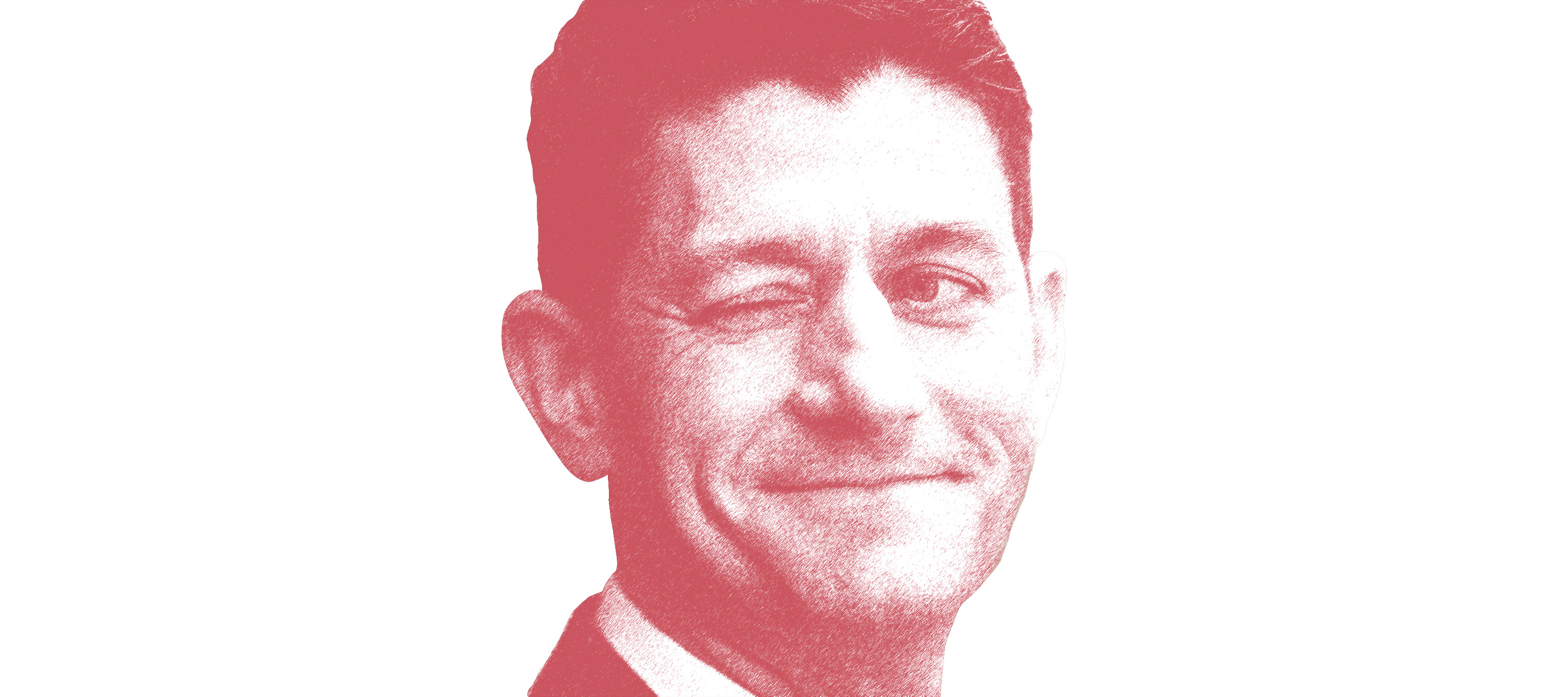Why Republican moderates are not to be trusted on health care
Will they really save America from the GOP's latest health-care abomination?


A free daily email with the biggest news stories of the day – and the best features from TheWeek.com
You are now subscribed
Your newsletter sign-up was successful
President Trump and congressional Republicans faceplanted on their first effort to repeal and replace ObamaCare because they could not unite their caucus. On the extreme right, the so-called Freedom Caucus would not support Paul Ryan's American Health Care Act because it was not cruel enough, while relative moderates balked at it being too cruel. Republicans from districts that Hillary Clinton won especially felt the pinch, sensing electoral vulnerability from a deluge of outrage from constituents worried about losing their insurance.
Now the Republican leadership is back for another try. The House announced Thursday it won't vote on health-care legislation before Trump's 100th day in office, and will instead vote next week at the earliest. This time they seem to have buttoned up the recalcitrant House ultraconservatives — at the potential cost of losing more moderates. However, it's still easily possible that they could pass this thing. Fans of not dying of preventable disease should be outraged.
So what's in the bill? For starters, this is the same thing as last time, only worse. Like the last version, it re-enacts the welfare reform routine on Medicaid so as to gradually cut the program down to a tiny nub, and slashes ObamaCare taxes and subsidies. But additionally it gets rid of "essential health benefits" and regulations that prevent people with pre-existing conditions from being charged more. The latter is fairly self-explanatory; the former is a package of conditions that must be covered in order for a policy to count as insurance. Getting rid of that would let states define insurance themselves — potentially opening the door for dirt cheap "insurance" that barely covers anything. (Hilariously, they also exempted members of Congress and their staff from these provisions, though apparently they are going to remove that after it drew attention.)
The Week
Escape your echo chamber. Get the facts behind the news, plus analysis from multiple perspectives.

Sign up for The Week's Free Newsletters
From our morning news briefing to a weekly Good News Newsletter, get the best of The Week delivered directly to your inbox.
From our morning news briefing to a weekly Good News Newsletter, get the best of The Week delivered directly to your inbox.
Making insurance substantially worse and throwing people with pre-existing conditions under the bus made the bill vicious enough for the House ultras to jump on. Paul Ryan is selling this turd by shameless lying — and not at all subtly either:
War is peace. Freedom is slavery. Paul Ryan's health-care bill protects people with pre-existing conditions.
That brings me to the relative moderates, who have been notably quiet. Politico reports that Rep. Tom MacArthur (R-N.J.), one of the co-chairs of the Tuesday Group, a moderate GOP caucus, is behind the negotiations to get the House ultras to agree. But he apparently did not consult the rest of the caucus, suggesting that they might have lost even more votes on the party's left.
However, that might not be the case either. The word "moderate" is pretty inappropriate for most of the group that is labeled as such. This Republican caucus is probably the most conservative one that has ever existed. And during the Obama years, the real disagreement among them was about temperament and tactics. There was wide agreement on what should be done — in brief, dynamite the welfare state, slash taxes on the rich, and deregulate large industries — but disagreement about how to pursue it. The ultras wanted high-stakes confrontation with Obama, in the form of taking the debt ceiling hostage, shutting down the government, passing a zillion ObamaCare repeal bills, and so on. The rest of the caucus wanted to win elections and pass bills the normal way.
A free daily email with the biggest news stories of the day – and the best features from TheWeek.com
Only a handful of House Republicans — the dozen or so non-Freedom Caucus members who promised to vote against the AHCA — are moderate in a policy sense. The rest just have at least a passing enough acquaintance with reality to recognize that conservative health-care ideas are extremely unpopular, and enough shame to bend when they get an earful from the voters back home. The ultras are just brain-warped enough by right-wing media to believe their own utopian nonsense, or so politically extreme that they just don't care about snatching health care from millions of their own constituents.
The only thing that will stop them is for people to keep up the pressure on the whole caucus. The moderates probably would have voted for the first iteration of the AHCA if they hadn't walked into a buzzsaw of outrage back home — and I would not be surprised at all if they try to vote this through quietly and quickly. From there, is seems likely to die in the Senate, but better not to take chances.
Ryan Cooper is a national correspondent at TheWeek.com. His work has appeared in the Washington Monthly, The New Republic, and the Washington Post.
